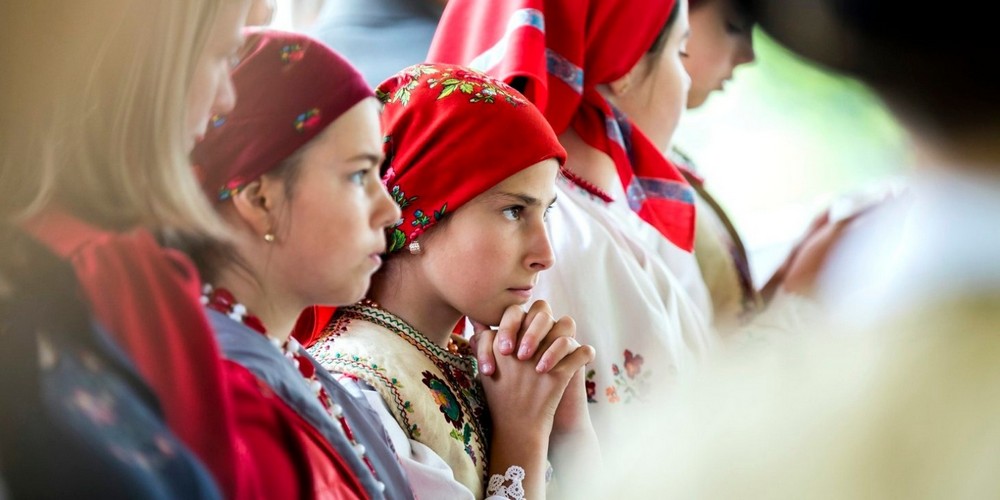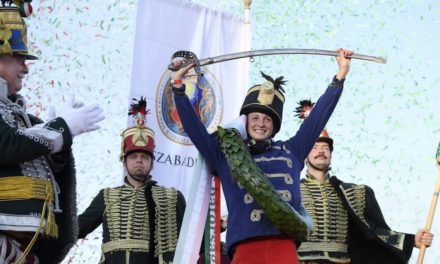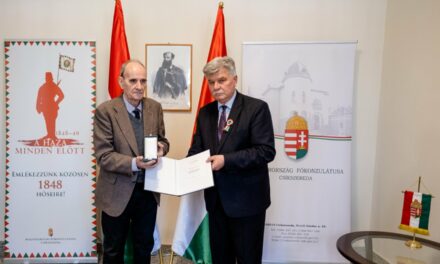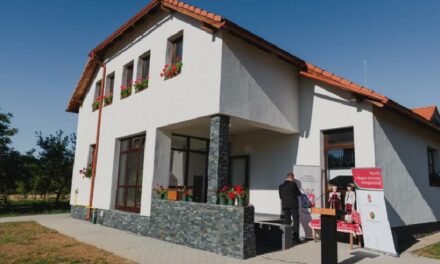The president of the association of Csangó-Hungarian organizations in Moldova reminded that the adult traditionalists will gather again on Saturday in Báko after a forced break of two years, and that the epidemic showed how much demand there is for the event.
"That's when we really started to evaluate it, when the feedback from the settlements came about how good it was as long as it could be organized"
he told MTI. According to the president of the MCSMSZ, the event is a good opportunity for people living in different Moldovan settlements to meet, develop relationships and friendships, and get to know each other's songs and dances.
From the point of view of Csangó-Hungarian culture, it is also important to "move" in Moldavia, said the president, who says that the demand for meetings is shown by the fact that today 1,200 people register for each event.
"We can say that people at the level of the county and the region are braver compared to the first years (...)" said László Pogár, who says that this is due to the Hungarian education program supported by the Hungarian government in the Moldavian settlements, as well as the numerous cultural events. .
The results cannot be seen immediately, even a decade must pass, a generation must grow up to show them, but today the progress is clear, he said. "We have to do everything we can to make it even stronger, for people to take on their Csang identity even more courageously," he declared.
László Pogár explained:
1,800 children in 34 Moldovan settlements participate in the Hungarian education program from kindergarten to eighth grade.
The boarding school in Csíkszereda also has 54 high school students who study in the city's Hungarian schools, and the number of Hungarian boarding school students commuting to Bákó is around 70.
In the villages of Csangó in Moldova, there is a scholarship and catering program, as well as many extracurricular activities. Among other things, the children learn local folk songs and dances here, and there is also traditional musical instrument instruction.
László Pogár confirmed: the development is also reflected in the preliminary results of the 2021 census, last year in Bákó county 353 more people declared themselves Hungarian than in 2011 (4208 then, last year this number was 4561). This is not the result of demographic processes, he said, the population is decreasing in Bákó County, as in other counties of Romania, but of the fact that the Csángós prefer to accept their Hungarian identity, emphasized László Pogár.
The closing event of the Moldavian Csángó Hungarians will be held in Báko on Saturday from 5 p.m. In terms of the number of participants and the cultural offer, this is one of the most outstanding Hungarian events in Moldavia, the organizers write in their invitation. The name of the program - King of Bones and King of Babs - is related to the last day of the carnival, Shrove Tuesday: in several Hungarian villages on Shrove Tuesday, the old people told stories about how at midnight the King of Bones and the King of Babs would fight each other, and the fight would end with the victory of the King of Fasting.
"Thus, with the event, we create an opportunity for the adult tradition-preserving groups of the villages to present their similar and yet different dances, music and songs to each other and to the public, as well as to draw strength from the common celebration and fun for the daily struggle"
says the invitation.
At the event, Rózsa Szályka from Buda, Csenderes from Diószén, Gyöngyvirág from Dumbravén, Küs Klézse Szárnya from Klézsé, Félöves from Özürekecsin, the traditionalist groups from Třákkút, Kostelek, Lábnyik and Újfalu, the young musicians of the instrumental folk music education program and as guests from Transylvania Bekecs Folk Dance Theater takes the stage. Musicians from Moldavia, Transylvania and Hungary provide the background music.
MTI
Cover image: Illustration: Gyimesi csangós - Photo: MTI/Balázs Mohai












